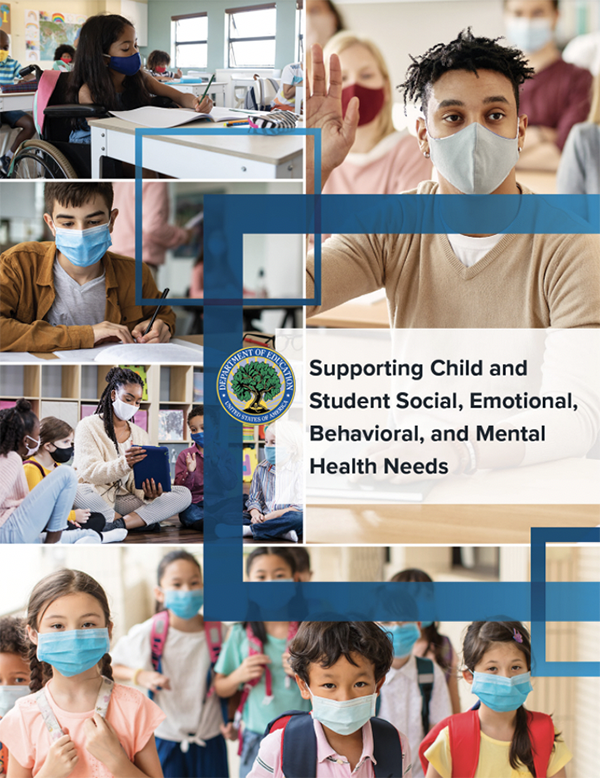Infant and Early Childhood Mental Health (IECMH)
"As early experiences shape the architecture of the developing brain, they also lay the foundations of sound mental health. Disruptions to this developmental process can impair a child's capacities for learning and relating to others—with lifelong implications.
Programs support IECMH and children's social-emotional development through preventive-intervention, and treatment provided within the context of the child's relationship with their family and caregivers.
Social-emotional development includes a child's ability to:
- Identify and understand their feelings
- Accurately read and comprehend emotional states of others
- Manage strong emotions and express them constructively
- Regulate their behavior
- Develop empathy
- Establish and maintain relationships
IECMH and Early Intervention (Part C)
Infant and Early Childhood Mental Health and Early Intervention (Part C) details policies and practices for supporting the social and emotional development and mental health of infants and toddlers in the context of parent-child relationships.
See also: Service Delivery Approaches and Models

Federal Requirements and Guidance
Social-emotional development is one of the developmental domains that must be addressed as a part of evaluation and assessments to determine eligibility under 34 CFR §303.321, and in the IFSP under 34 CFR §303.344.
U.S. Departments of Health and Human Services and Education
The U.S. Departments of Health and Human Services (HHS) and Education (ED) jointly published a Dear Colleague Letter: Working to ensure that all young children and their caregivers have access to high-quality resources that equitably support social-emotional development and mental health (2022), with four recommendations:
- Implement evidence-based practices that support positive social-emotional development and mental health for all children and wellness for every caregiver.
- Prioritize workforce wellness and enhance workforce capacity to identify and respond to children's and families' social-emotional and mental health needs.
- Leverage policy and funding to increase access to social-emotional and mental health support and reduce barriers to access.
- Use data to promote equitable implementation and outcomes.
U.S. Department of Education
The U.S. Department of Education, Office of Special Education and Rehabilitative Services published Supporting Child and Student Social, Emotional, Behavioral, and Mental Health Needs (2021), with seven recommendations:
- Prioritize wellness for every child, student, educator, and provider.
- Enhance mental health literacy and reduce stigma and other barriers to access.
- Implement continuum of evidence-based prevention practices.
- Establish an integrated framework of educational, social, emotional, and behavioral-health support for all.
- Leverage policy and funding.
- Enhance workforce capacity.
- Use data for decision-making to promote equitable implementation and outcomes.

